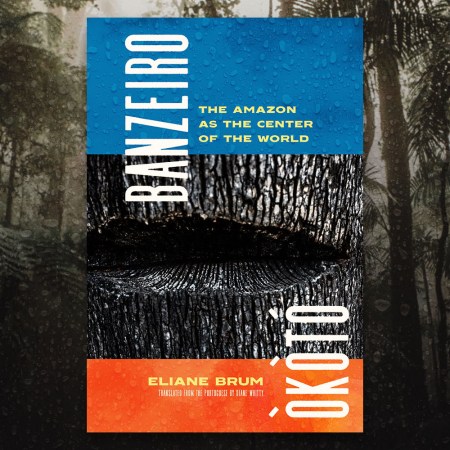Welcome to the end of another confusing, infuriating, wild and sometimes downright dumb year.
Not trying to sound cynical or anything, but did you pay attention to the news for even an hour over the last 365? Spending your time reading a book — whether it’s a brilliant collection of essays, a memoir, history or fiction by a master like Colson Whitehead or Ben Lerner — has never seemed like a better idea than it did in 2019. And, let’s be honest, the same goes for the parade of dumb that 2020 promises to be.
But we don’t only pick up books to distract ourselves from reality. We also we also read to learn about the world and be better people — and thankfully, the last year provided a bounty of great new ones for us.
Non-fiction
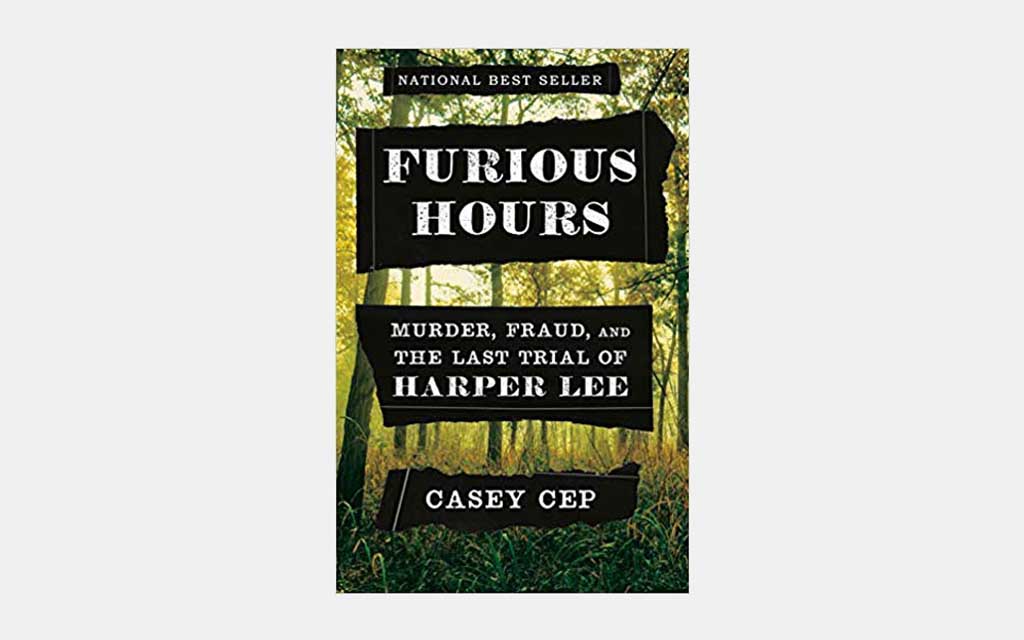
Furious Hours: Murder, Fraud, and the Last Trial of Harper Lee by Casey Cep
We all know about To Kill a Mockingbird, and we all heard about Harper Lee trying to avoid the spotlight any chance she got after its success until her death in 2016, but here, Casey Cep gives us something more. By exploring Lee’s obsession with Reverend Willie Maxwell, a rural preacher accused of murdering five of his family members for insurance money in the 1970s, we get a different side of the author who was playing with the idea of changing things up and doing her own In Cold Blood. This is the incredible story of what did and did not happen. Part mystery, part literary biography and entirely engaging.

Magic Is Dead: My Journey Into the World’s Most Secretive Society of Magicians by Ian Frisch
Most of us believe in magic at one point in our lives. Then we read a biography on Houdini and find out how the rabbit actually comes out of the hat … but that doesn’t mean it isn’t fun to watch somebody pull off a trick. In this excellent exploration into the world of magicians and their practice, IIan Frisch has found a little corner of the world we’re all interested in but probably don’t think too much about. Magic Is Dead is the sort of offbeat journalism we don’t see enough of these days. The sort of book that, if he were alive, Tom Wolfe would tip his white hat to.
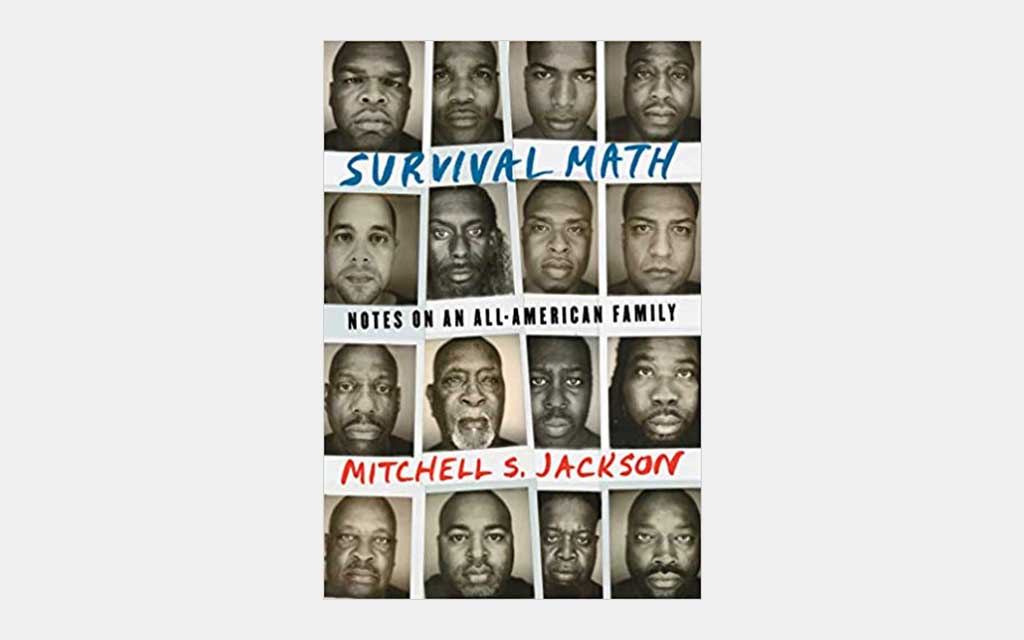
Survival Math by Mitchell S. Jackson
An electrifying, conversation-starting memoir about Mitchell S. Jackson, his family and growing up black in America. The whole purpose of a memoir is to shine a light into your life and give the reader something to take with them, to put them in your shoes and make them see the world through your eyes. Jackson achieves that, and we’re all the better for it.
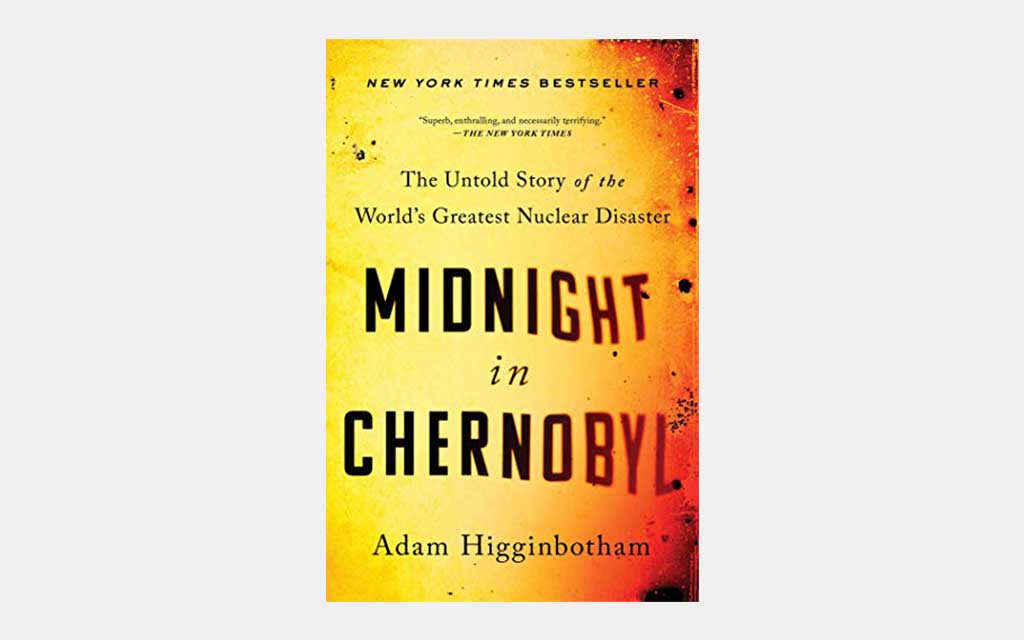
Midnight in Chernobyl: The Untold Story of the World’s Greatest Nuclear Disaster by Adam Higginbotham
What do you really know about the 1986 explosion at Chernobyl Atomic Energy Station? Maybe you watched the HBO miniseries that came out earlier this year and think you got enough, but Adam Higginbotham spent over a decade getting the story of the disaster that truly defined the end of the Cold War era. A journalist’s obsession with a historian’s eye, Higginbotham’s work should serve as the most important written document on a subject that you’ll find you hardly knew anything about.
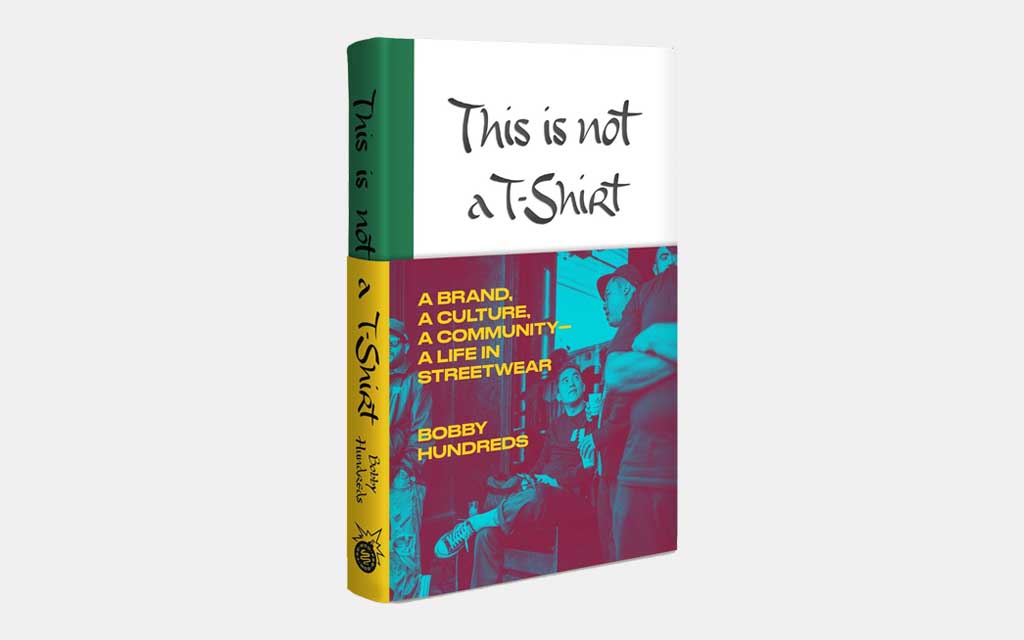
This Is Not a T-Shirt: A Brand, a Culture, a Community — a Life in Streetwear by Bobby Hundreds
Whenever there’s news of a new collab between any well-known brand and The Hundreds, you know it’s going to be good. The reason why is because Bobby Hundreds (Bobby Kim) is the real deal, a guy who came up among the skaters, punks and kids that turned graffiti into what we today call “street art.” He has been wearing and producing streetwear since long before people were lining up down the block for the latest Supreme drop or Palace hooked up with Ralph Lauren. His memoir serves as a history of how we got to a point where nominal skate brands dominate the fashion world, and the person telling the tale is one hell of a storyteller.
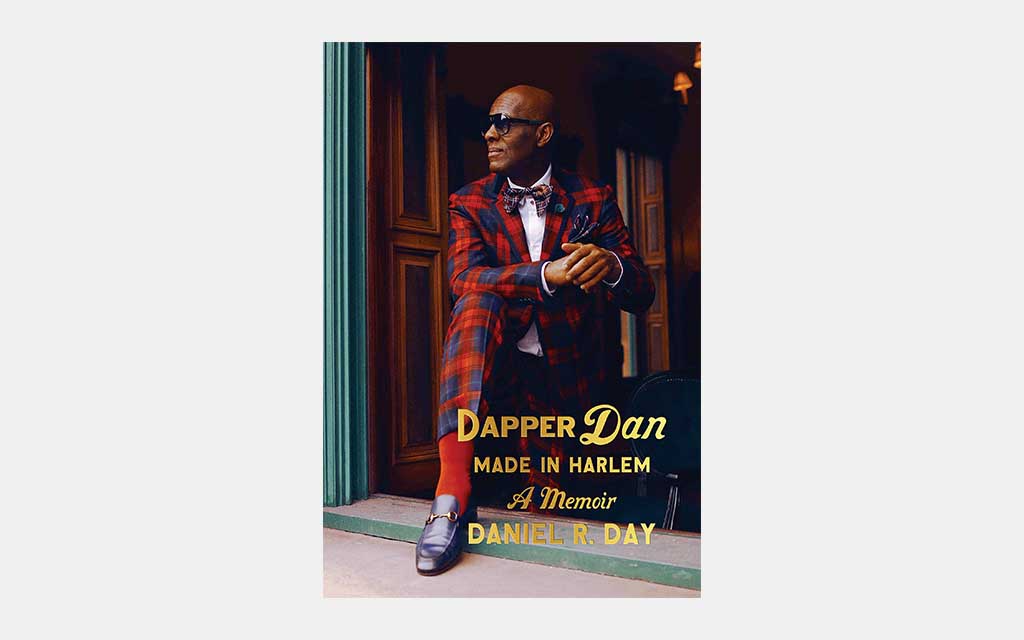
Dapper Dan: Made in Harlem: A Memoir by Daniel R. Ray
The thing most people think of when they hear the name Dapper Dan is the man who helped create the styles we most associate with the Golden Age of hip-hop. Yet there is so much more to the story, and it’s more fascinating than just about any fashion memoir you’ll ever read. Dapper Dan is a visionary and a true American original who blessed us with his story this year, and we’re a little better for it.
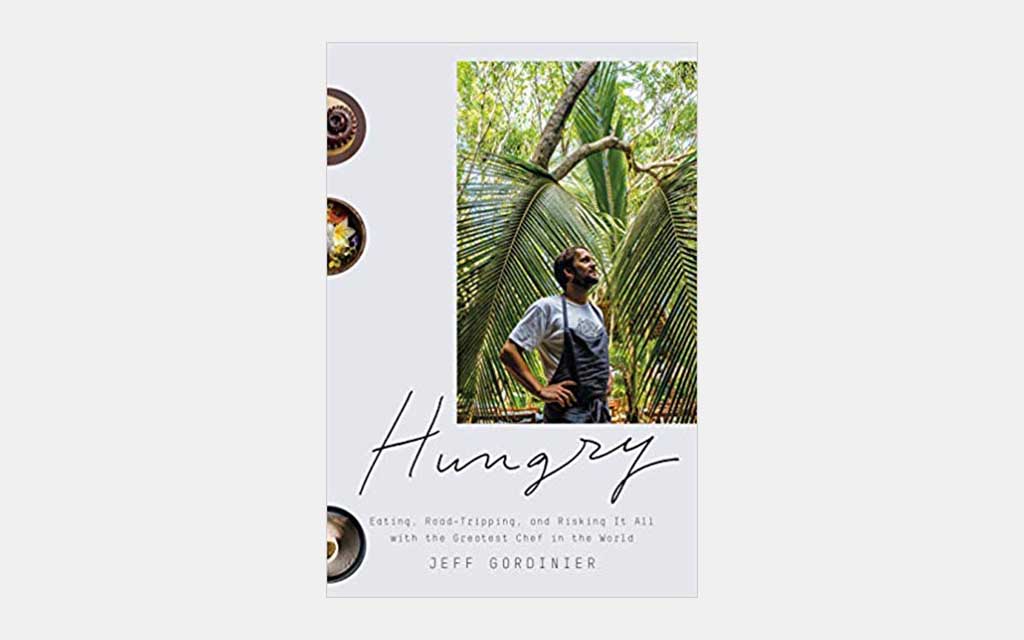
Hungry: Eating, Road-Tripping, and Risking It All with the Greatest Chef in the World by Jeff Gordinier
The premise on its own should be enough to sell you: writer follows world’s most lauded chef from his highest point to his lowest and back to his remaking. But it’s so much deeper than that. Jeff Gordinier had a rare view of René Redzepi’s Noma, from being called the best restaurant on the planet, to Redzepi’s decision to tear it down and start from scratch. Gordinier had a special kind of access, following his subject all over the world. Yet what he produced with Hungry is so much more than a glowing tale of a brilliant chef and his obsession with not just getting back to where he was, but getting better; it’s deeper than that. Through Redzepi’s obsession we find that Gordinier is a fellow wanderer looking for some kind of meaning in this world, and in documenting his subject’s trials, travels and triumphs, he finds it.
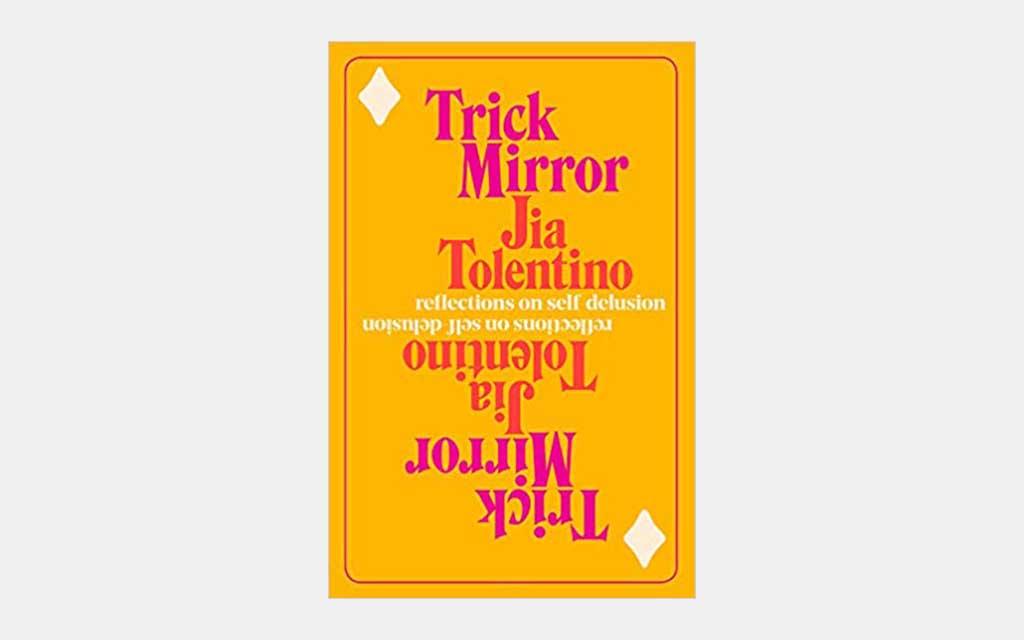
Trick Mirror: Reflections on Self-Delusion by Jia Tolentino
What gets people talking about a book in 2019? Most of the time it either needs to be the new novel by some big-name author, or something that’s going to create controversy. Jia Tolentino did it by releasing this generation-defining collection of essays that take the pulse of the millennial condition better than any half-baked thinkpiece or dry academic work you’ll read. We’ll be talking about this book in 2020 and beyond.
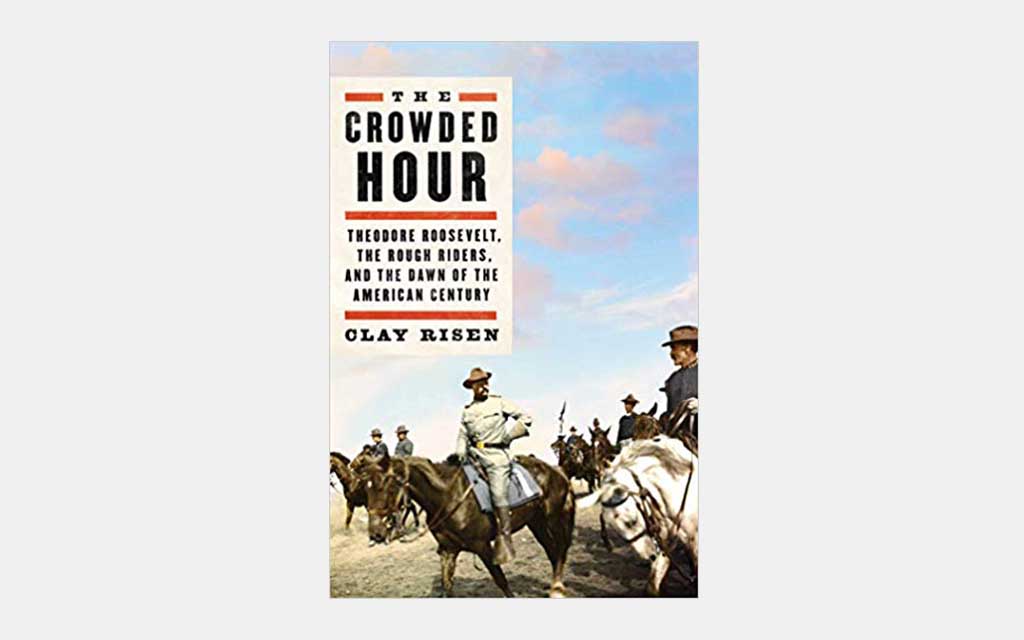
The Crowded Hour: Theodore Roosevelt, the Rough Riders, and the Dawn of the American Century by Clay Risen
I know what you’re saying: another year, another Teddy Roosevelt book. But Clay Risen has given us something a little extra with this look at the Rough Riders, and not just the guy that led them in the Battle of San Juan Hill. The books follows a ragtag group of rich kids and cowboys with names you’re familiar with, but relays stories you probably haven’t heard. Risen has delivered a fascinating account of people that truly were from a different kind of America.
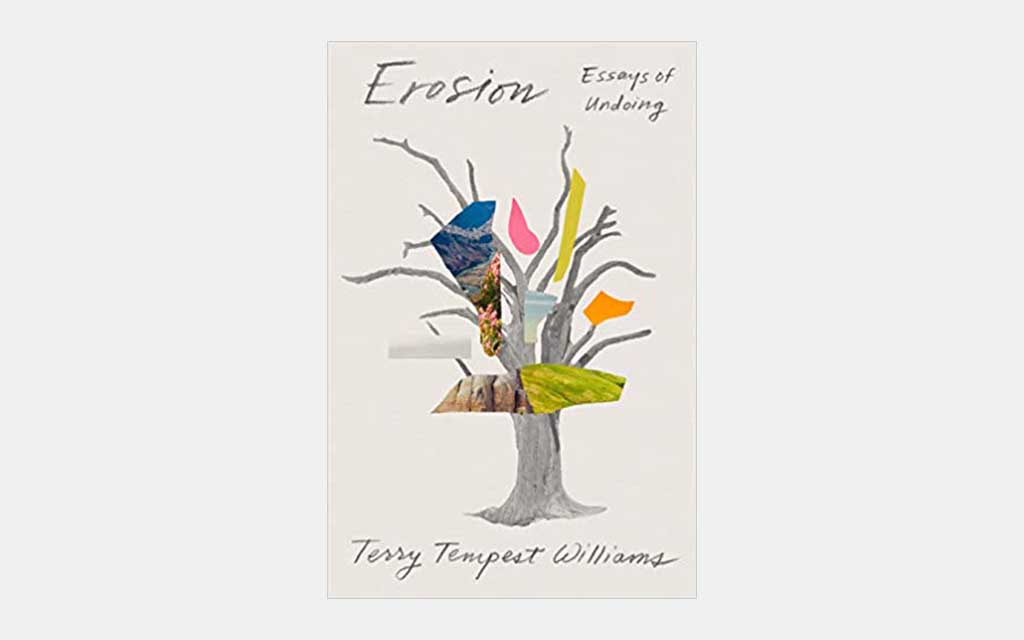
Erosion: Essays of Undoing by Terry Tempest Williams
It’s difficult to feel much hope these days, especially when it comes to the environment. Terry Tempest Williams feels it. She sees the Trump administration turning its back on the Endangered Species Act and the damage we keep inflicting to lands that Native People consider sacred. She channels all the sadness and rage into a series of sobering, inflective and, in the end, hopeful essays. This collection tries to look for light in the darkness, and might give you a little hope as we enter a new year.
Fiction
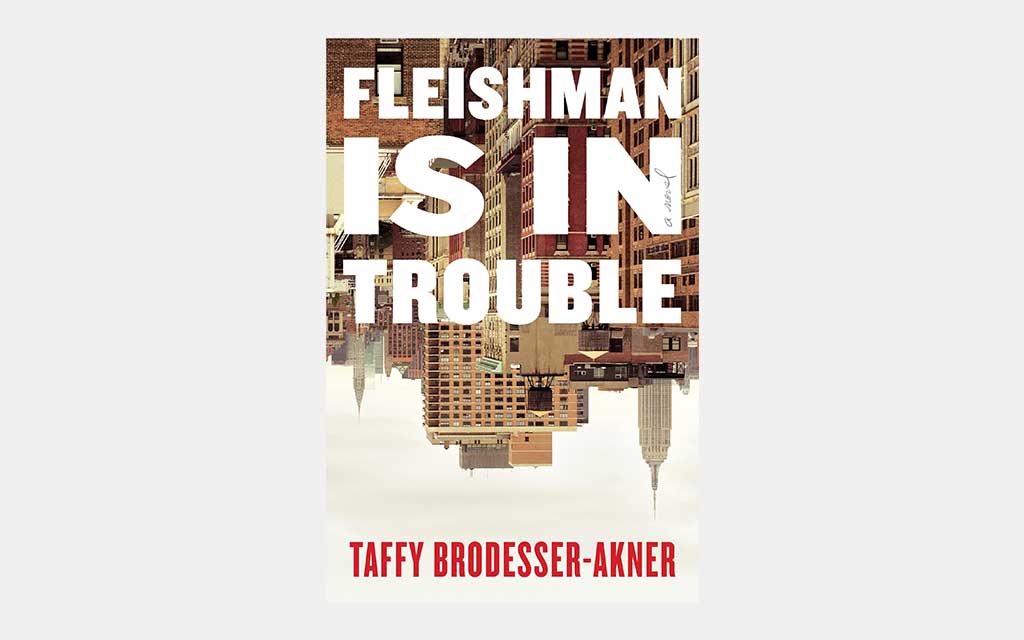
Fleishman Is in Trouble by Taffy Brodesser-Akner
This “modern response to the male-penned, mid-century, mid-life crisis novel perfected by Philip Roth” is really the sort of novel you can’t get sick of, but we just haven’t seen many of lately. At least, we haven’t seen one this good. Roth, yes. Also, Updike, Bellow and even modern guys like Jonathan Franzen all come to mind in this brilliant exploration of modern-day life after marriage.
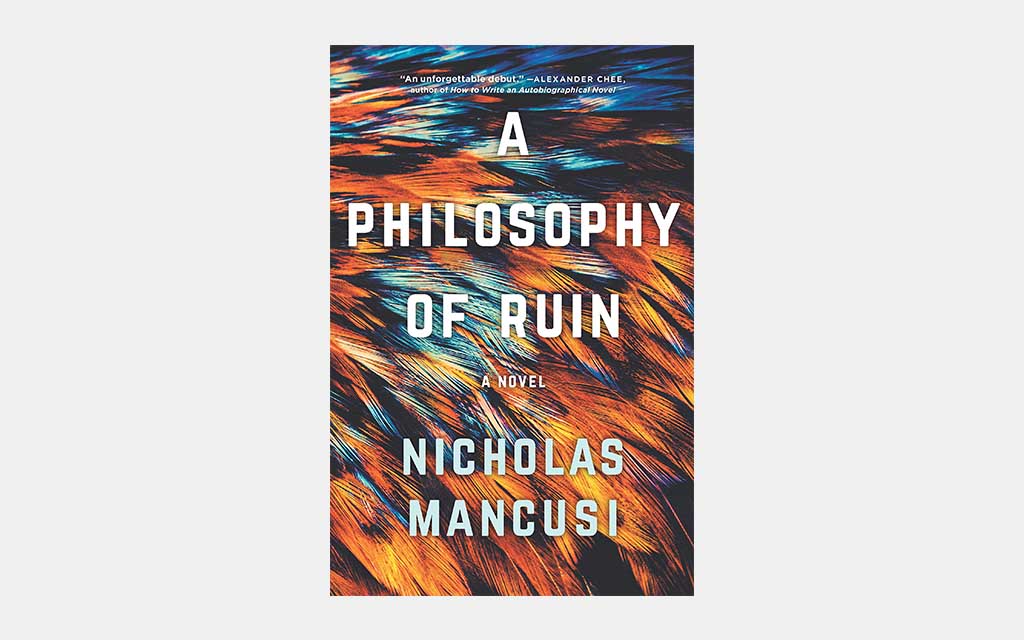
Philosophy of Ruin by Nicholas Mancusi
Coping. That’s at the heart of this sharp work by Nicholas Mancusi. This debut is a literary thriller with shades of Denis Johnson and Cormac McCarthy, but it’s the balance of heart, humor and dialogue that makes it stand out from the rest of the writers who derive influence from those dirty realist masters. It’s the sort of novel that Breaking Bad fans should make sure to pick up as soon as they possibly can.
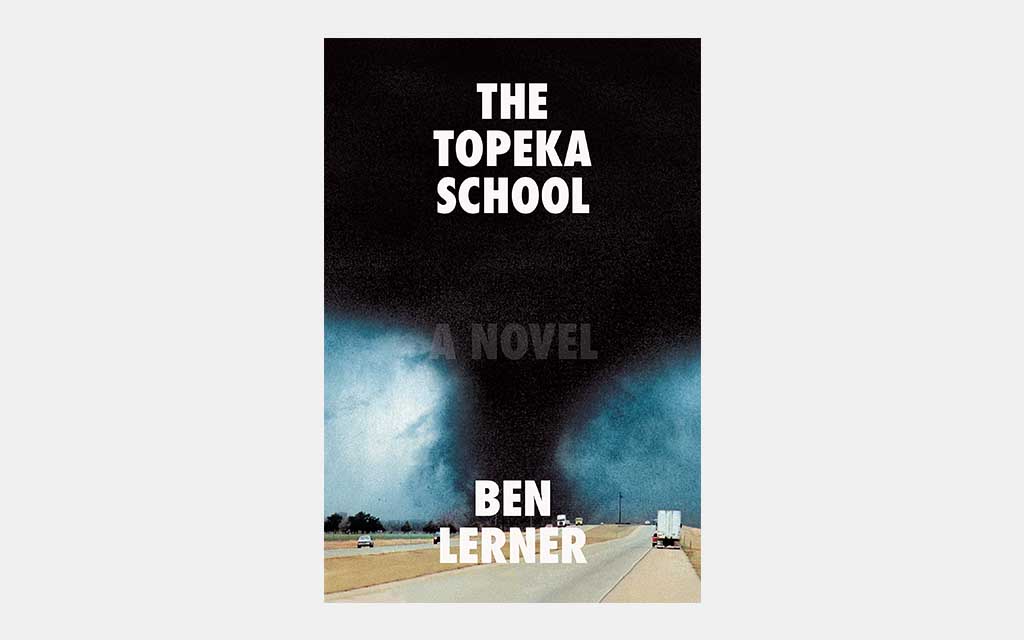
The Topeka School by Ben Lerner
By traveling back to the late-1990s, Ben Lerner continues his streak of producing some of the most interesting fiction of the last decade. The one thing we will say is that you should read Leaving the Atocha Station before you pick this one up. We don’t make the rules. Sorry.
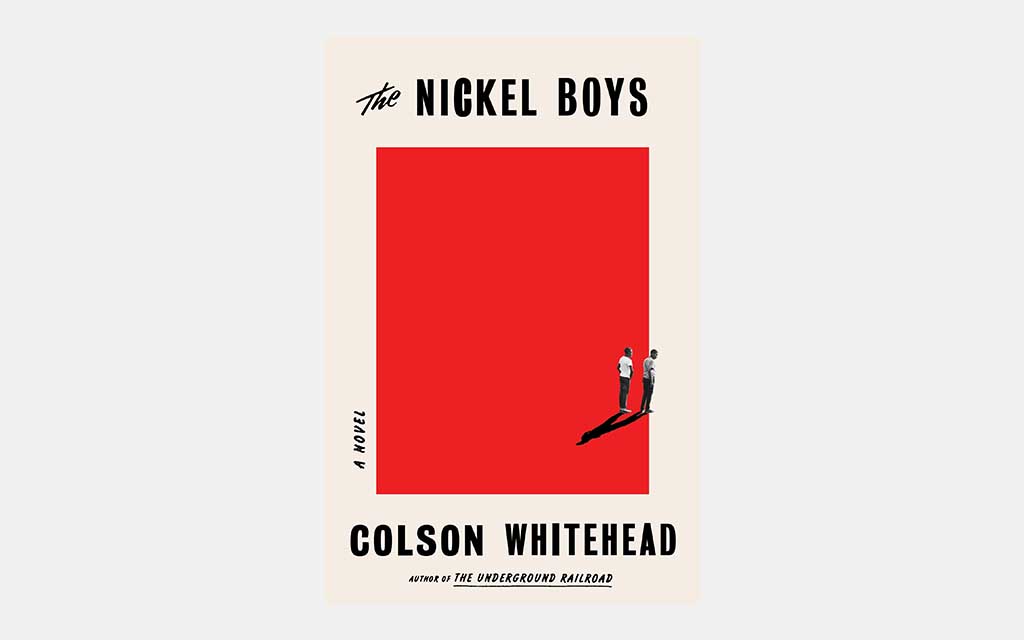
The Nickel Boys by Colson Whitehead
It’s fair to expect something great whenever there’s a new Colson Whitehead book in the works. Especially after The Underground Railroad took home the National Book Award and Pulitzer. You can expect greatness, but that’s about it. Here, one of our greatest novelists once again takes and bends a dark time in American history (the Jim Crow-era) into something so affecting and unforgettable. Impossible to put down, impossible to forget.
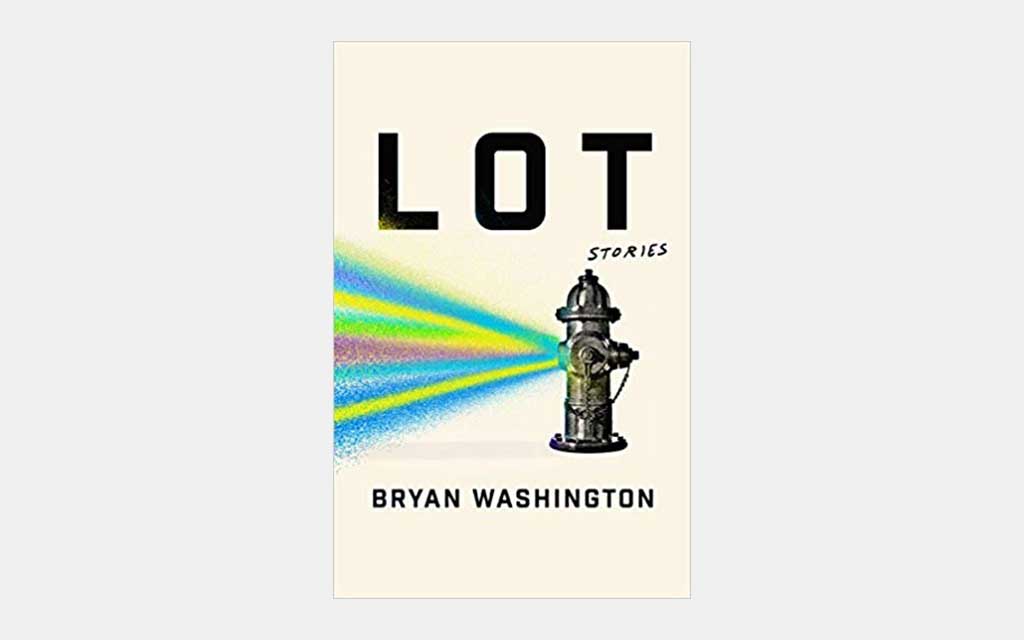
Lot by Bryan Washington
Every now and then there’s a movie, show or book that portrays a town in Texas and the people who live in it, and the end result is something unforgettable. Think about it: The Last Picture Show, Slacker, Friday Night Lights, King of the Hill, Dazed and Confused (almost anything Linklater, really). Here, the city of Houston and its diverse population gets the treatment from Bryan Washington, one of the best young writers in America.
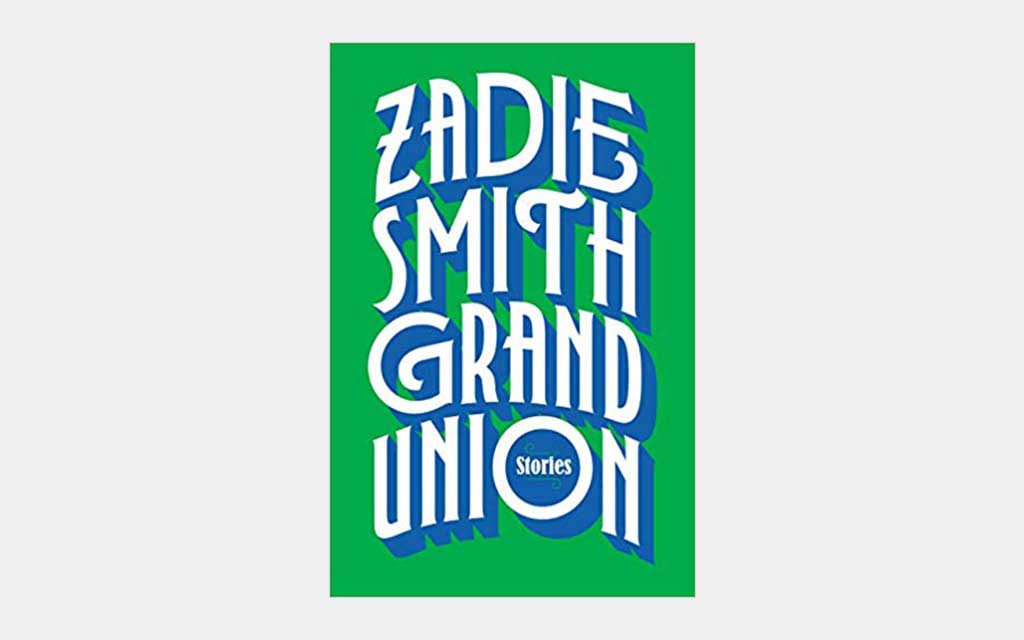
Grand Union by Zadie Smith
Between novels and essays, you have to think that maybe Zadie Smith has some sort of weakness as a writer. So when it was announced she was writing a short-story collection, there was maybe some small collective of New Yorker subscribers who thought this was where we’d see one of the most prolific and fearless writers of this new century trip up. But no. She ends up producing one of the best collections of the year. Don’t ever bet against Zadie Smith.
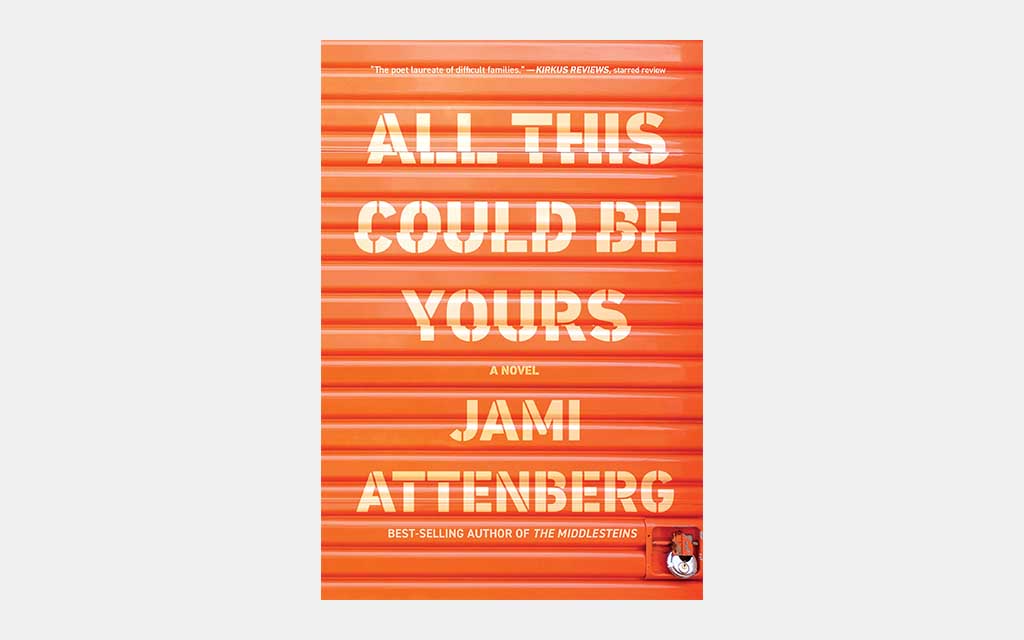
All This Could Be Yours by Jami Attenberg
Nobody writes about the ups and downs of the American family quite like Jami Attenberg. Here, as she writes about a child trying to come to grips with her dying father’s life and legacy, we get something potent and unforgettable that belongs to a distinct corner of the American literary canon: Books that show what ambition can lead to when it’s left unchecked. How the downside of wealth and power is often an empty, lonely, unhappy place.
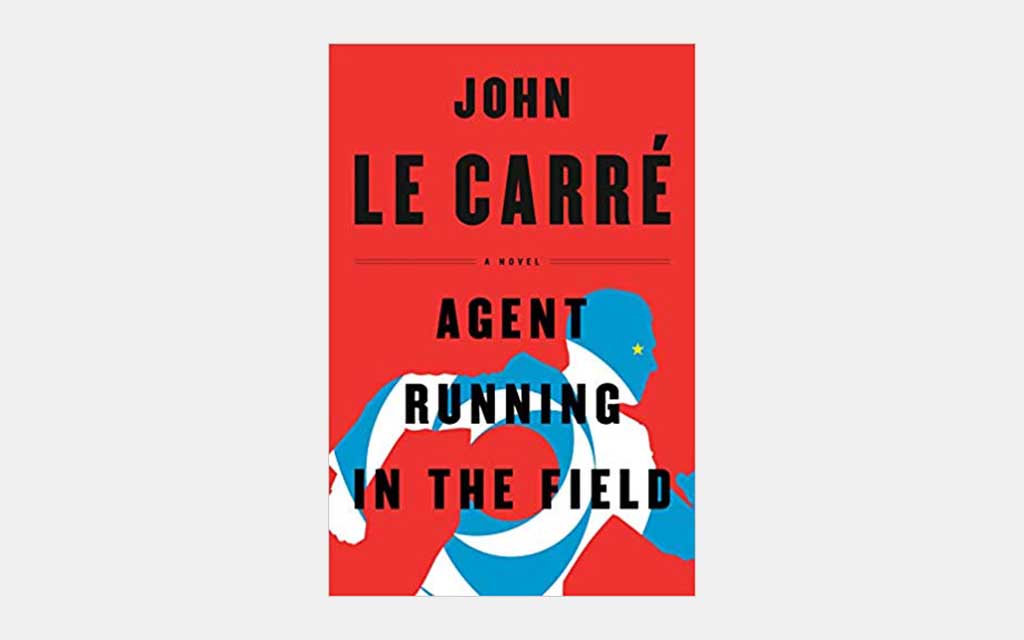
Agent Running Through the Field by John le Carré
John le Carré proves he only gets better with age in a novel about spies in the age of Brexit and Trump. The books is incredibly timely, but also dryly funny and deeper than what we’ve come to expect from books about people that trade in secrets and espionage.
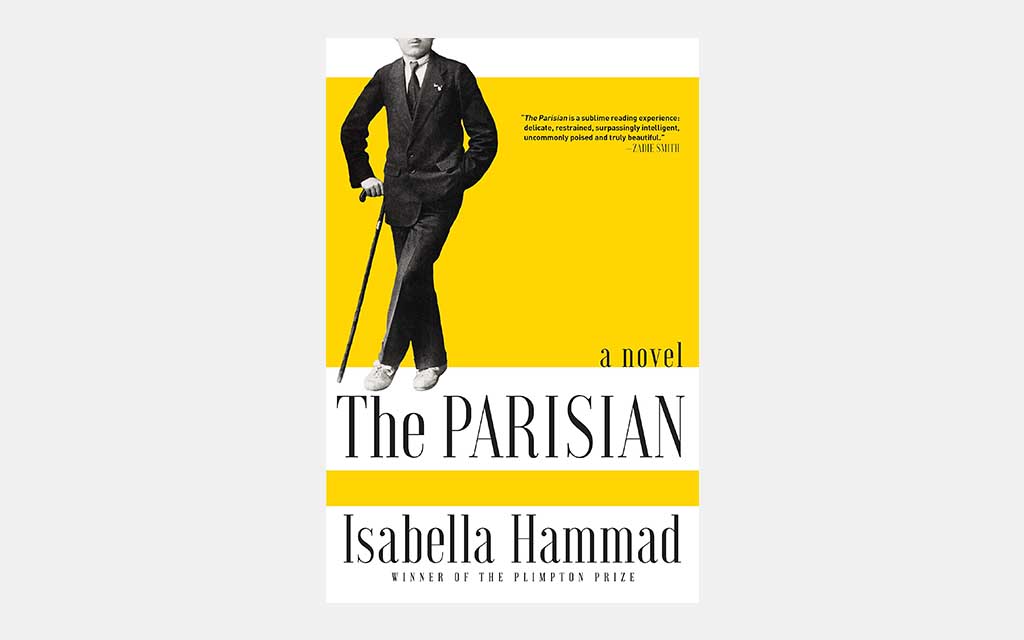
The Parisian by Isabella Hammad
You know what this list needs? A great period piece. Thankfully, Isabella Hammad has got us covered with this tale of Midhat Kamal, the heir to a textile fortune from the Ottoman Empire who leaves for Paris, then goes back to his home to find it under British rule. A stunning book sitting between Henry James and The English Patient, Hammad is a writer with enough grace and talent to keep people talking about this debut for years to come.
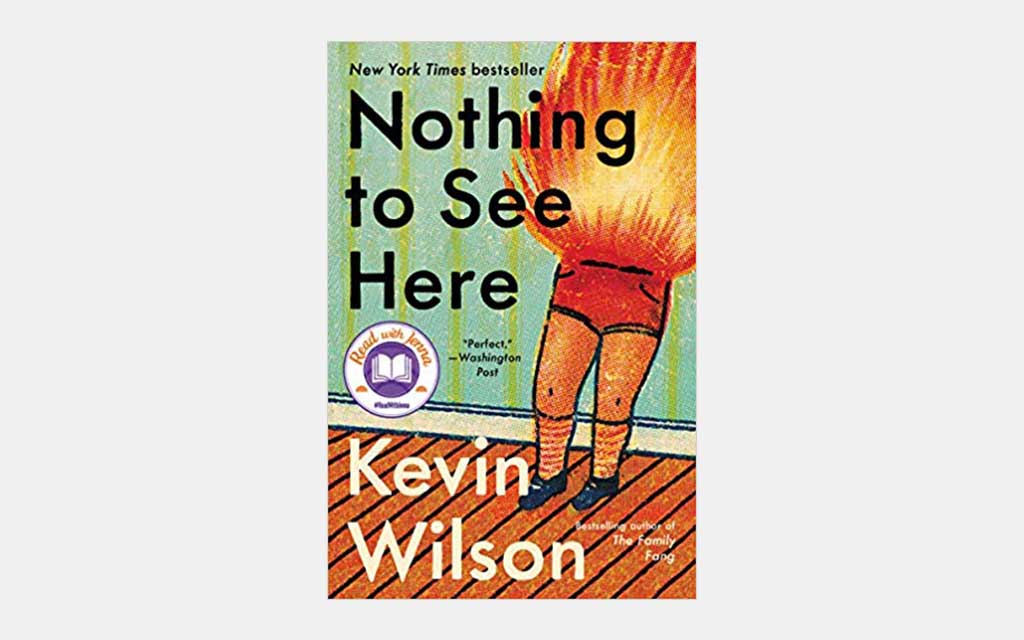
Nothing To See Here by Kevin Wilson
Kevin Wilson’s fiction takes the unfamiliar and renders it ever-so-slightly surreal. You might know him best via his novel The Family Fang. Wilson’s new novel, Nothing to See Here, is narrated by Lillian, a woman working a job she hates when her high-school friend Madison calls with a proposal: Would Lillian spend a few months watching Madison’s two stepchildren? The wrinkle here is that the kids in question have a tendency to, well, burst into flame at inopportune times. The result: another damn good novel. One of the best you will read this year.
This article was featured in the InsideHook newsletter. Sign up now.

